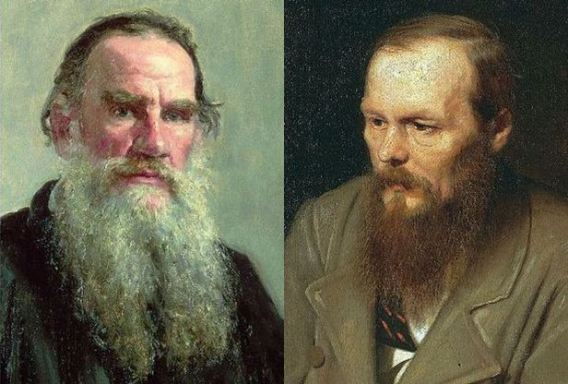It’s hard to believe, but we’ve already put a third of the year behind us. Time to check in on our reading resolutions, no? Below is my quick progress report; you can add your own in the comments.
Goal #1 Read more women: So far so good. I’ve been hovering right around 50% women authors all year, and I imagine I’ll end up somewhere north of 50% by the end of 2012.
Goal #2 Read an Agatha Christie novel before I see it adapted on screen: Check. Review can be found here.
Goal #3 Read a foreign language novel in the original: No progress yet, but then again, it’s only April. Get off my back, dude.
Now for the tallies:
Books read so far: 13 (on pace to beat last year’s 32)
Pages read so far: 3,701 (current pace puts me 250 pages below last year’s 11,358)
They break down something like this: eight novels and one novella (73% of total), two short story collections (18% of total), one play, and one play-short story combo (9% of total). All of it classic or contemporary literary fiction.
And here’s the list:
- The View from Castle Rock, Alice Munro
- A Bell for Adano, John Hersey
- Stone Arabia, Dana Spiotta
- Wasatch, Douglas Thayer
- The Turn of the Screw, Henry James
- Curtain, Agatha Christie
- Swann’s Way, Marcel Proust
- Wuthering Heights, Emily Bronte
- Jane Eyre, Charlotte Bronte
- A Visit from the Goon Squad, Jennifer Egan
- The Vegetable, F. Scott Fitzgerald
- The Fifth Column & Four Unpublished Stories of the Spanish Civil War, Ernest Hemingway
- The Death of a Disco Dancer, David Clark
What about you? What have you read this year? Which books have knocked your socks off?









